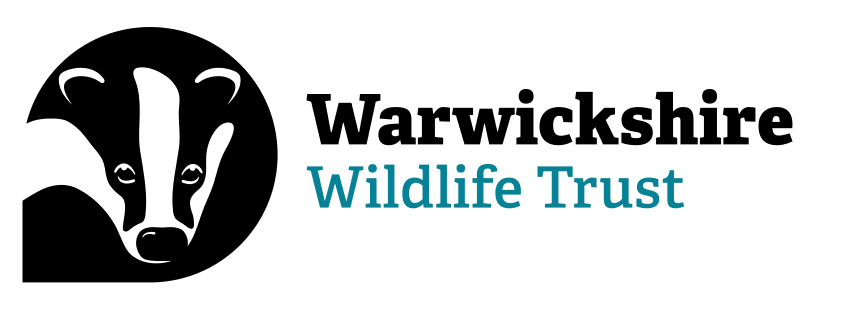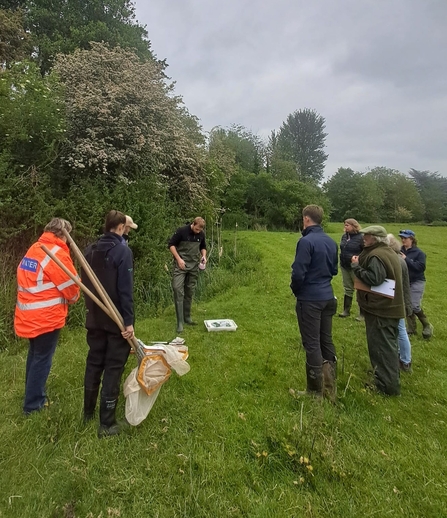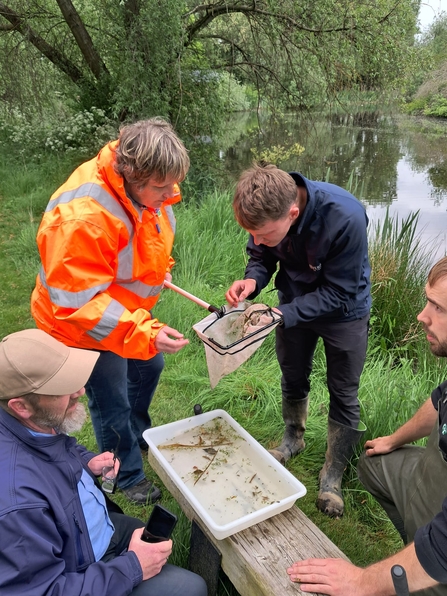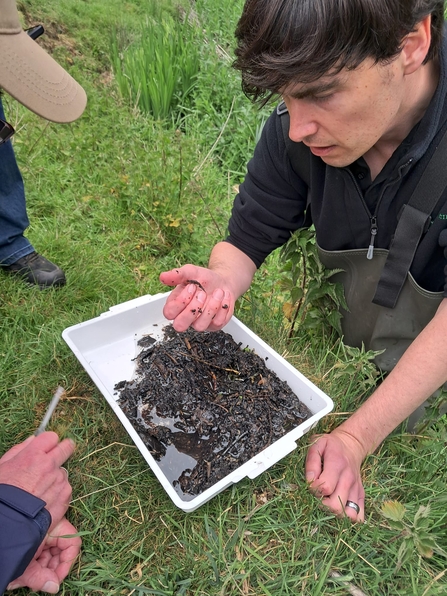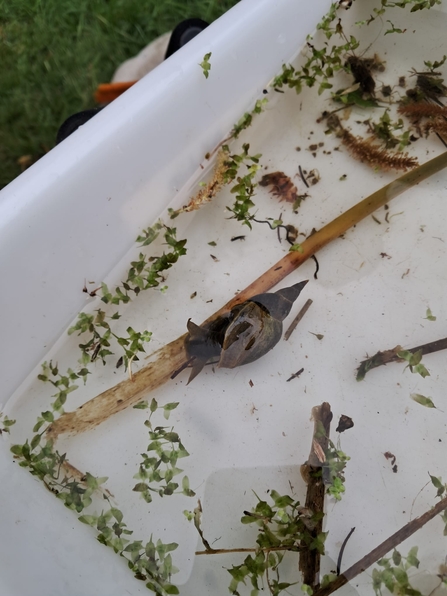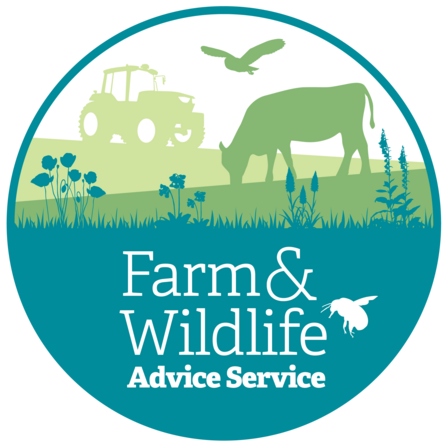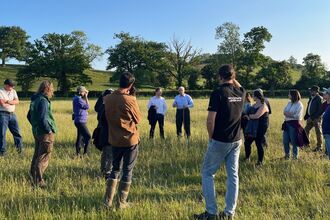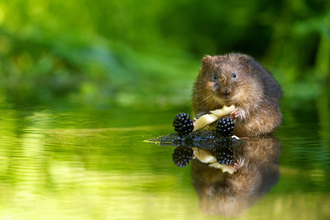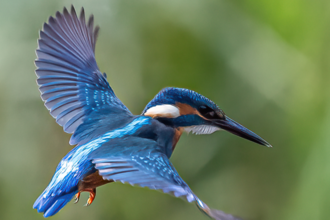Water is an amazing habitat and can be home to a diverse range of organisms. However, water quality is an ever-growing issue in our water courses. In areas where water is located near to farmland or industrial estates, freshwater is more vulnerable to pollution from run-off or leaching of nutrients like phosphates and nitrates through the soil.
Find out how a local farming group explored different solutions to overcoming these issues.
